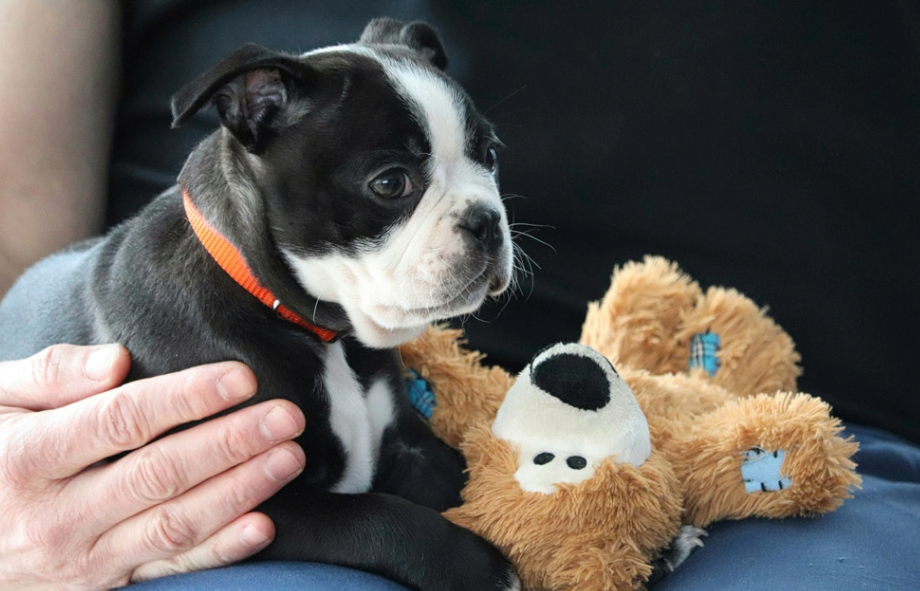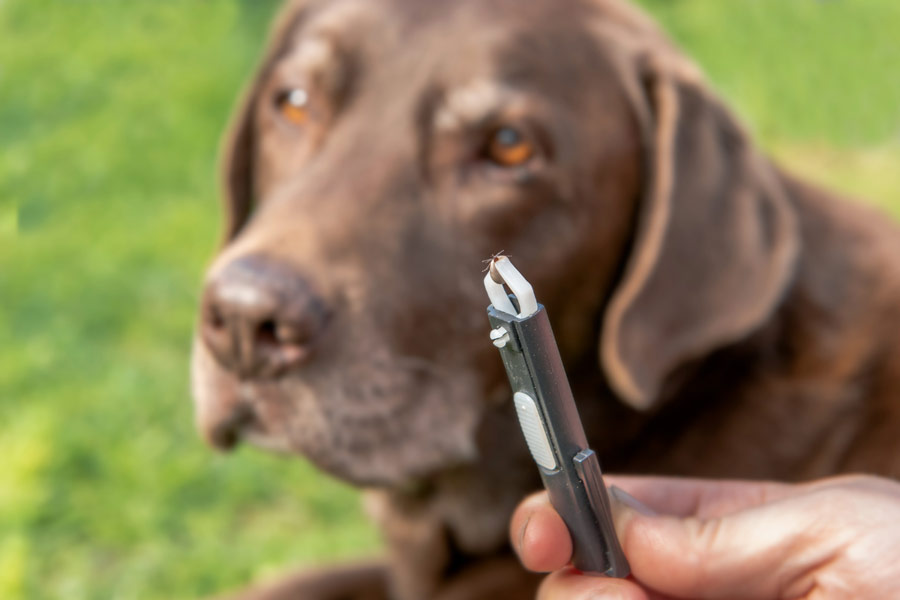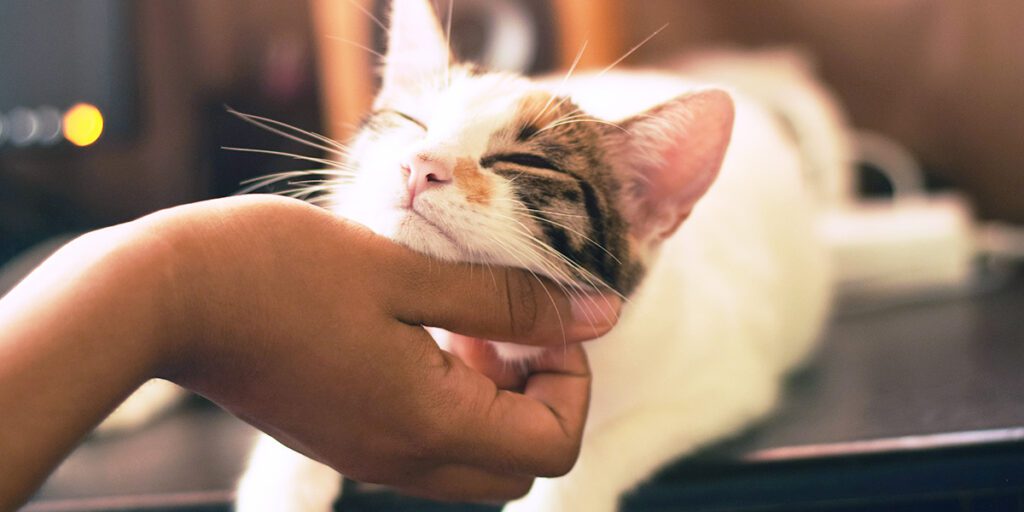Socialising your pet is a vital part of their development, ensuring they feel comfortable and confident in a variety of environments and around different people and animals. Whether you’ve just brought home a new puppy, kitten, or even a rabbit, early socialisation is key to preventing behavioural issues later in life. Here’s why socialising your pet is so important and how you can do it effectively.
The Benefits of Socialisation
Socialisation helps your pet feel at ease in new environments, reduces anxiety, and encourages positive interactions with people and other animals. The key benefits of socialisation include:
- Reduced Fear and Anxiety: Pets that are well-socialised are less likely to experience fear or anxiety when exposed to new situations. They’re more likely to cope calmly with changes in their environment, such as meeting new people or visiting the vet.
- Improved Behaviour: Socialised pets tend to have better manners around other animals and people, reducing the risk of aggressive or destructive behaviour. A well-socialised pet is more likely to behave appropriately in busy settings, such as parks or cafes.
- Boosted Confidence: Pets that are socialised from an early age often have more confidence, making them less fearful of new experiences. This can lead to a happier, more relaxed pet overall.
- Better Adaptability: Pets that have been exposed to a variety of environments and situations are more adaptable and less likely to react negatively to changes in their routine, such as moving house or meeting new pets.
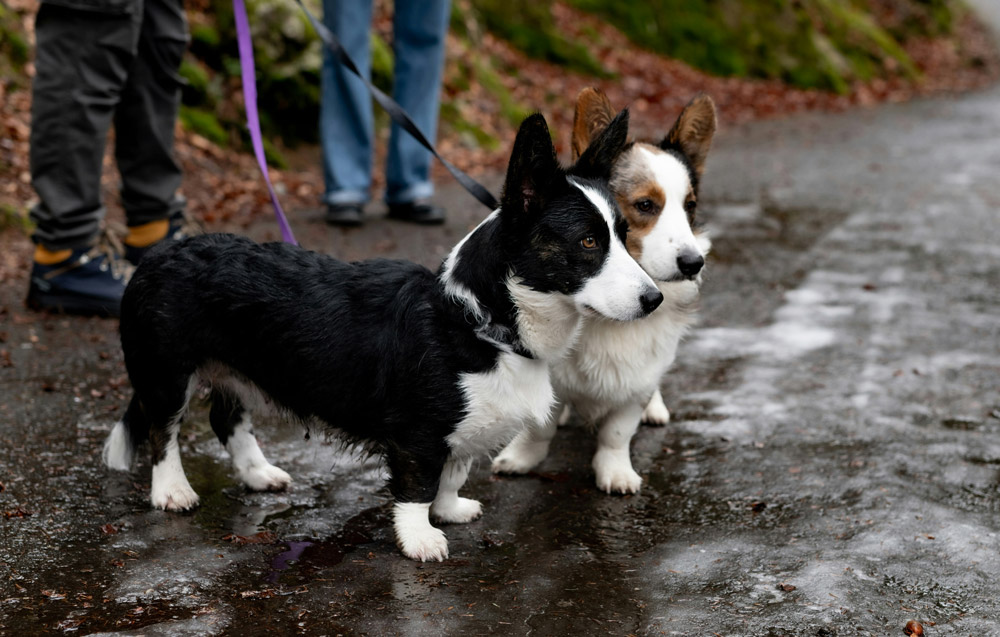
How to Socialise Your Pet
Socialisation should start as early as possible, but it’s never too late to help your pet feel more comfortable around others. Here are some tips for successfully socialising your pet:
- Start Early
For puppies and kittens, the socialisation window is most effective between 3 and 14 weeks of age. During this period, expose your pet to different environments, sounds, people, and other animals. This will help them develop into well-rounded adults. - Gradual Introductions
Introduce your pet to new experiences gradually, ensuring they don’t feel overwhelmed. Start with calm environments and friendly, well-behaved pets. Gradually introduce more complex situations, such as busier parks or louder environments. - Positive Reinforcement
Reward your pet with treats, praise, or play when they interact positively with others. This helps reinforce good behaviour and ensures your pet associates new experiences with positive outcomes. - Attend Training Classes
For dogs, attending puppy or obedience classes can be a great way to socialise in a controlled environment. It also helps teach essential skills, such as walking on a lead or following commands around distractions. - Arrange Playdates
If you have friends or family with well-behaved pets, arrange playdates to give your pet a chance to interact in a safe and familiar environment. This is particularly helpful for dogs who benefit from social play.
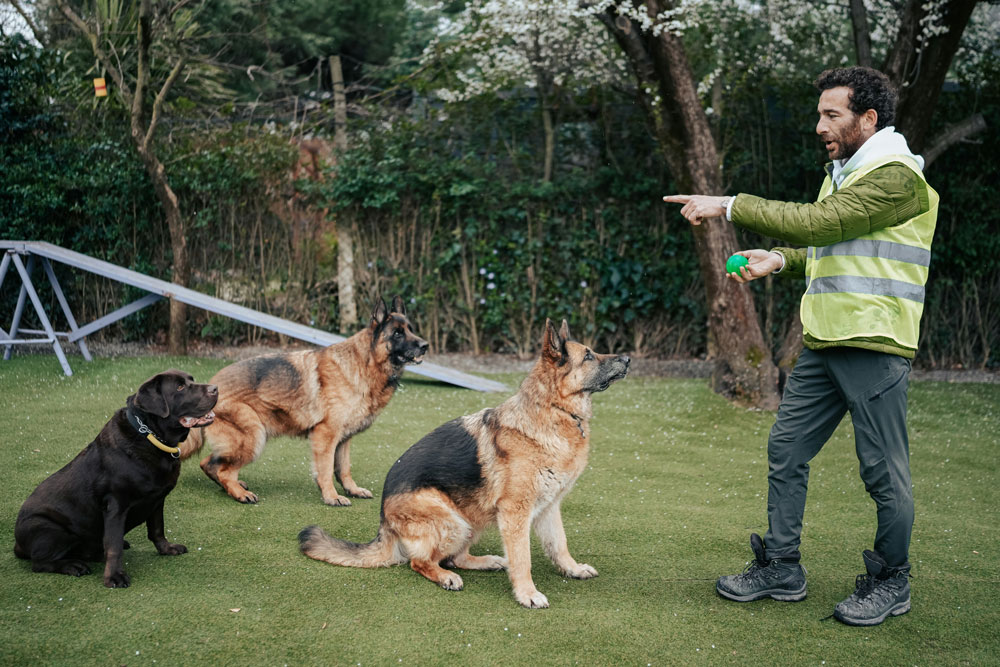
Socialising Adult Pets
While early socialisation is ideal, it’s never too late to help an adult pet become more comfortable with new experiences. Gradual exposure, patience, and positive reinforcement are key. Start with simple interactions and slowly build up to more complex environments.
The Role of Your Vet in Socialisation
Your vet plays an essential role in your pet’s socialisation journey. Regular vet visits help your pet get used to being handled by different people and being in a clinical setting, reducing stress during appointments. At Heath Vets, our Heath Care Plan includes behavioural advice, ensuring your pet’s socialisation needs are met alongside their healthcare.
Contact Us for Expert Socialisation Advice
If you’d like more guidance on how to socialise your pet or need help with specific behavioural challenges, contact our team at Heath Vets. We’re here to support you in raising a happy, well-socialised pet.
